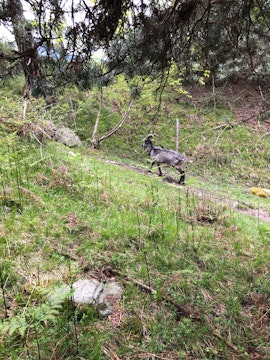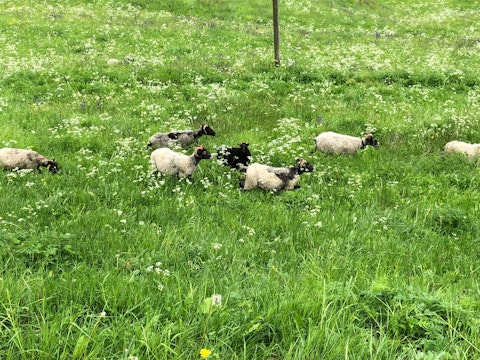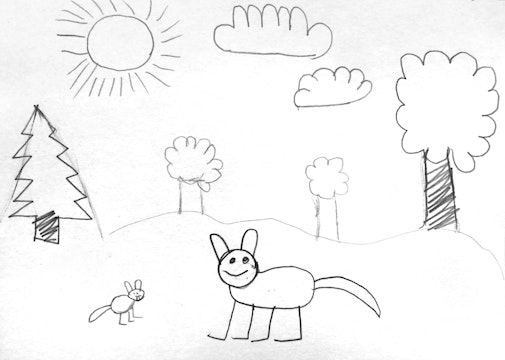To Feel a Language
When you hear Romansh, how does it feel to you?
When you hear Romansh, how does it feel to you?
A language is much more than just words strung together. A whole culture and its history stand for it.
As author, director and sound artist Ione writes so well in her book Listening in Dreams: "Readers of the visual text, as well as listeners to the acoustic one, generally pay attention to the "message" (what the writer means to say) as if the sound and shape of the words themselves don't matter or count - which of course they do."
What do we perceive when we listen or talk to someone? What triggers this perception?
The pitch, speed, pronunciation, pause between words, timbre, etc. of the voice speak as much as the words themselves.
I have recited Romansh words to the accordeonist and improviser Hans Hassler and asked him to express the sounds of the following words with his instrument: ziggale (pig/swine), tschariaschas (cherries), tei as raschung (you are right), talaring cun caschtonias (noodles with chestnuts), sontgaclau (Santa Claus), tschintschar (to speak), glatsch (ice), caschiel (cheese), letg (bed), fetg (much), plumatsch (pillow).











